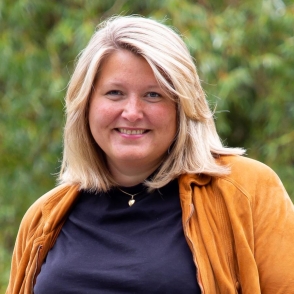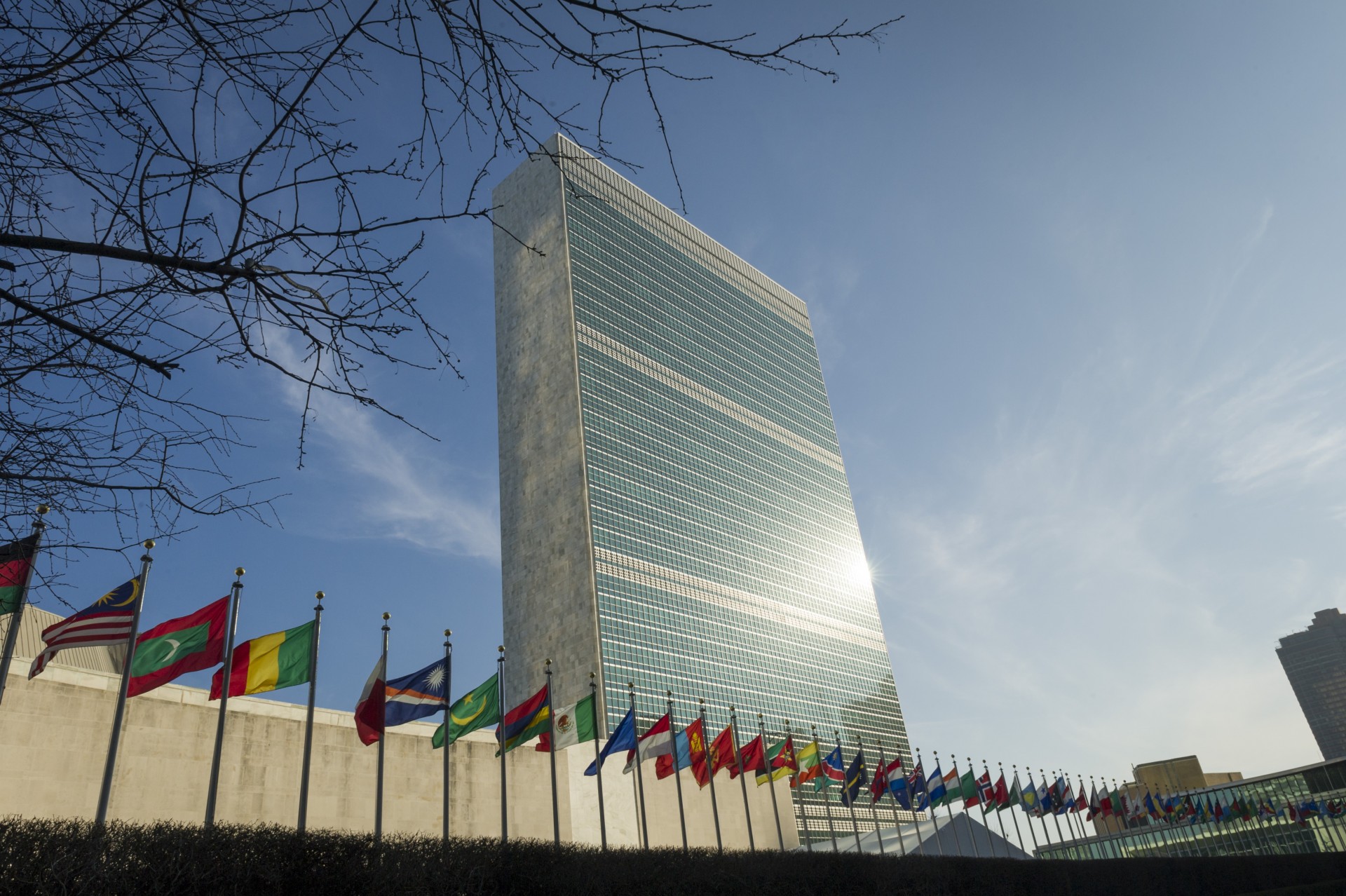Numbers provide opportunities
- This report will be an asset in our dialogue with both politicians and the bureaucracy on how the partnership with civil society can be strengthened and enhanced, says Kathrine Sund-Henriksen, director of Forum for Development and Environment (ForUM).
The report is based on a survey conducted the spring of 2021 in which 55 respondents from 45 organisations participated. In addition, 22 in-depth interviews were conducted with some of the participants. The survey was sent out to possible respondents who work with international processes in their organisations. The report is divided in five thematic sections: meaningful participation: characteristics and pre-requisites, partnership and dialogue with the authorities, economic and political framework conditions, participation in international meetings, and finally a section on small and large organisations. The report concludes that the Norwegian model is a good starting point for involvement of civil society and that the authorities are perceived as open to input, but that there are challenges to address.
- Norway can establish the gold standard for civil society participation, but if that is to happen, some things need to change, says Kathrine Sund-Henriksen. – There is a need for the bureaucracy to better understand what the organisations can contribute with, and to establish better practical systems for gathering input, as well as giving the organisations better information on how they can influence processes, she adds.
Diverse experiences
Rather than provide one clear response, the report points to a diversity in the experiences of Norwegian civil society. The Norwegian model is seen as an ideal to attain to internationally, and the Norwegian authorities are generally perceived as open to input. All the while, the report uncovers some red lights that warrant further attention. By spelling the numbers out clearly, the report can hopefully serve as a tool to identify opportunities for change and enhance routines.
Among the «red lights» uncovered in the respondents’ replies were:
- a tendency of bureaucratisation and demanding reporting regimes
- a narrower understanding of the access to documents and processes for civil society
- weakened knowledge and ownership of the Norad information support in Parliament
- a more complex but less transparent state budget with a large number of lump sum appropriations
In addition to these points, the participation of civil society is impaired by the fact that each ministry has their own way of dealing with participation and their views differ on how and how much civil society should be included.
Untapped potential
One important finding in the report is that many civil society participants in international processes expressed a wish that the delegation to a larger extent had made use if their expertise. Out of the 18 respondents who had been civil society representatives in official Norwegian delegations, only two responded that the delegation to a large extent utilised their input in the preparation for the main meeting. For nine respondents this happened to some extent, while five others reported that the delegation to a very little extent utilised their input.
The different ministries got different feedback from the respondents. The working theory of ForUM is that this is due to the diversity in the departments’ experiences with and ideas about what is a good practice for civil society inclusion. Many of the respondents call for common practices and rules as to what is considered a good civil society inclusion across ministries and state agencies.
- With the revision of the action plan for the sustainable development goals it becomes even more important that the ministries who do not have good established routines for civil society inclusion, start establishing these, says Kathrine Sund-Henriksen. – The Norwegian model has served civil society well, and the report reflects a confident civil society that believes they can affect policy. We hope this positive working relationship is also experienced by our counterparts in the ministries and state agencies, she ends.
The report only covers the experiences of civil society and not how the issue is experienced from the viewpoint of the ministries or state agencies. ForUM also wishes to get a clearer understanding of authorities’ expectations of the dialogue with civil society. A new report exploring this topic is planned for 2022.
For more information, contact:

